Today, December 5, we celebrate the feast day of Saint Sabas (also known as Sabas the Sanctified, 439-532), one of the most renowned monks of Palestine, and founder of the Monastery at Mar Saba (where Saint John Damascene and Saint Stephen of Mar Saba, among many others, studied).
Sabas was born in Palestine, near Caesarea. As a child he was orphaned, and was sent to live with an uncle who treated him poorly. At the age of fifteen, weary from his strained family relations and mistreatment, Sabas committed himself in service to the Lord, entering a monastery close to his family’s home. Forsaking the world, he spent ten years in religious life, unable to be persuaded to leave. Despite being the youngest of the monks in the monastery, Sabas demonstrated admirable virtue as was looked upon with great respect and love by his brothers. Upon pressure from his remaining family, who continuously besieged him with requests to give up religious life, he asked, “Do you want me to be a deserter, leaving God after placing myself in His service? If those who abandon the militia of earthly kings are severely punished, what chastisement would I not deserve if I abandoned that of the King of heaven?”
As he reached the age of thirty, Saint Sabas desired greater solitude, so that he might more completely contemplate the goodness of the Lord. He left the monastery in Palestine and began dwelling as a hermit, in a cave near Jerusalem. There, he spent his days in prayer, singing Psalms, and weaving baskets from palm branches. His life of quiet contemplation was uninterrupted for nearly 15 years, at which point others living as hermits in the region began seeking him out for spiritual direction. Sabas granted each who arrived a cell nearby to his own, and before long, the largest monastery in Palestine had been built.
Sallustus, the Patriarch of Jerusalem, noting Sabas’ good works, ordained him a priest, so that he might celebrate Mass for those in his direction. He further ordained Sabas Superior of the monasteries of Palestine, and ordered that the monks obey his rules and honor his requests. Some were displeased by these orders, and Sabas, our of humility, retired from the community to a cavern near Scythopolis.
As recorded by of Saint: Euthymius, Sabas went into a great cave to pray, unknowingly entering the cave of a great lion out for the hunt. At midnight the beast returned and finding this guest, dared not touch him, but taking him gently by his garments, plucked him as if it had been to draw him out. “The saint was no ways affrighted or troubled, but began leisurely and with much devotion to recite aloud the midnight psalms. The lion went out, and when the holy man had finished matins, came in again and pulled him by the skirts of his clothes as he had done before.” Sabas spoke to the lion, stating that the cave was large enough to house both of them. The lion at those words departed, and returned no more.
After some time, during which he converted many souls who visited him, he returned to his role as Superior. He was placed over seven monasteries, and began exerting influence not only in Palestine, but in Constantinople as well. Saint Sabas advocated for the Catholics in Constantinople who were suffering greatly under the rule of Emperor Elias. He wrote letter after letter, begging the emperor for fairer treatment of the Church, fewer taxes, and an end to persecution. Eventually, the emperor died and was replaced with Emperor Justin, a pious man who restored the true faith.
When Saint Sabas was ninety-one years old, he made the long journey to Constantinople to ask Emperor Justinian, successor to Justin, not to punish the Palestinians who had revolted against their neighboring Samarians. Impressed by his piety and pleas, the emperor honored his wishes, further offering to endow all the monasteries of Saint Sabas with great wealth. However, Sabas asked instead that the monies be used for several important purposes: to build a hospice for pilgrims in Jerusalem, to decorate the unfinished Church of the Blessed Virgin, to build a fortress where the monks could take refuge when barbarians invaded the land, and to re-establish preaching of the true Faith by edicts proscribing the various errors being propagated. Emperor Justinian honored all the requests of the holy father, who returned to the monastery at Mar Saba—his first monastery. That is where he died, and the age of ninety two. Today the monastery (one of the four oldest in the world) is still inhabited by monks of the Eastern Orthodox Church, and St. Sabas is regarded as one of the most noteworthy figures of early monasticism.
The life of Saint Sabas is one of service, great love for the Lord, and obedience to His commands. Despite a prolonged desire for solitude and contemplation, everywhere Sabas journeyed, he was sought out by those needing his spiritual direction. Realizing the role that the Lord had in store for him, he gave all that he had to those in his charge, leading many future saints to the Lord. Today, on the feast of Saint Sabas, we pray to emulate both his obedience and faith.
A Prayer for the Virtue of Obedience
Jesus, Almighty King of kings, You Who obeyed Your Father to the end, Teach me the meaning of obedience. My soul burns to comply to Your Will, Striving to charm Your Divinity. While my worldly nature seeks one way, My spiritual nature seeks another. Bless me with the strength to obey, That my soul may subdue both natures, Blending them as a fair aromatic bloom. I always seek favour in Your eyes, To always obey You until my last breath! Amen.
Year 2: Day 339 of 365
Prayer Intentions: Obedience and faith.
Requested Intentions: Financial security for a mother (M); Health, finances, successful marriage (A); Successful resolution of court case for son (K); Continued sobriety (N); Healing of a chronic health condition (B); Successful employment (A): Peace in a family, recovery of a niece from substance use (L); Blessings on a marriage, healing of a husband (P); For the health and recovery of sisters (B); For a daughter and granddaughter (D); Blessings on overseas employment (M); Healing of mother (L); Successful employment for husband (G); Successful employment, personal fulfillment (C); Health and recovery of ill sister (A); Resolution of legal issues; Grace and protection (E); Successful and meaningful employment (S); Restoration of a marriage (A); Peace and tolerance in a family, support for those with Parkinson’s Disease (M); For the restoration of a daughter’s marriage, end to debt (S); Employment and continued strength (K); Successful examinations for a son (J); Employment and blessings of a child (S); Employment and financial security (F); Successful work placement, continued health (A); Grace and healing for a family (P); Healing of a father (M).
Why pray the Rosary every day for a year?
Each time the Blessed Virgin has appeared-- whether it be to Saint Bernadette Soubirous at Lourdes; to Lucia, Jacinta, and Francisco at Fatima; or to Mariette Beco at Banneux-- she has asserted the importance, saving grace, and power of praying the Holy Rosary on a daily basis. Based upon her words, the Rosary is penance and conversion for sinners, a pathway to peace, an end to war, and a powerful act of faith in Jesus Christ. Pope Paul VI presented the Rosary as a powerful means to reach Christ "not merely with Mary but indeed, insofar as this is possible to us, in the same way as Mary, who is certainly the one who thought about Him more than anyone else has ever done."
To show us how this is done, perhaps no one has been more eloquent than the great Cardinal Newman, who wrote: "The great power of the Rosary consists in the fact that it translates the Creed into Prayer. Of course, the Creed is already in a certain sense a prayer and a great act of homage towards God, but the Rosary brings us to meditate again on the great truth of His life and death, and brings this truth close to our hearts. Even Christians, although they know God, usually fear rather than love Him. The strength of the Rosary lies in the particular manner in which it considers these mysteries, since all our thinking about Christ is intertwined with the thought of His Mother, in the relations between Mother and Son; the Holy Family is presented to us, the home in which God lived His infinite love."
As Mary said at Fatima, "Jesus wants to use you to make Me known and loved. He wishes to establish the devotion to My Immaculate Heart throughout the world. I promise salvation to whoever embraces it; these souls will be dear to God, like flowers put by Me to adorn his throne."

Subscribe to:
Post Comments (Atom)






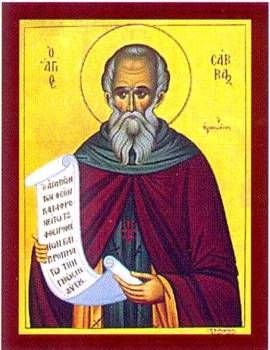

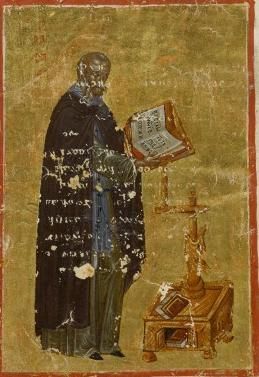

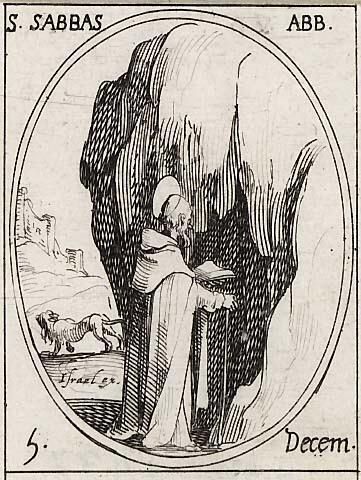
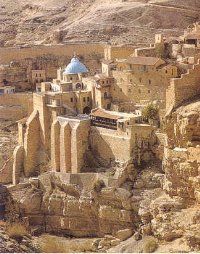
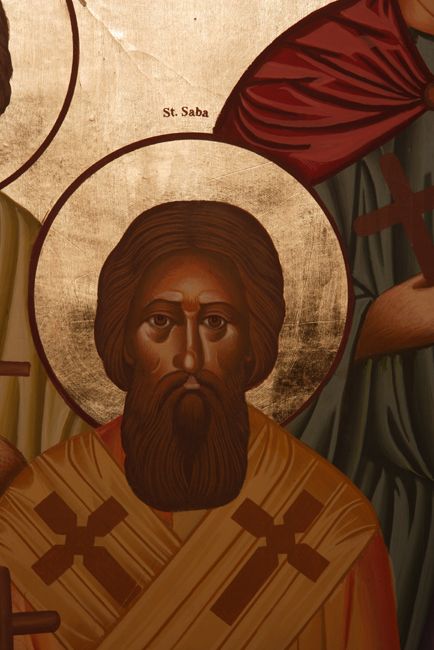
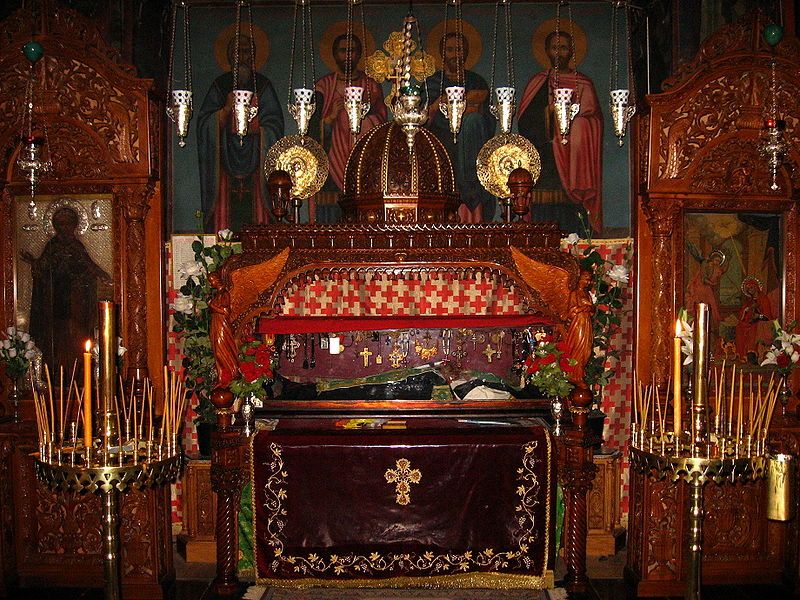
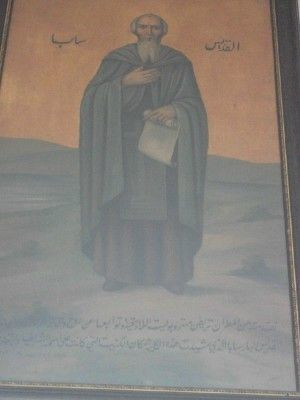

0 comments:
Post a Comment
Thanks for leaving a comment. If you wish to submit a prayer request, however, please do so above, using the "Contact" tab.